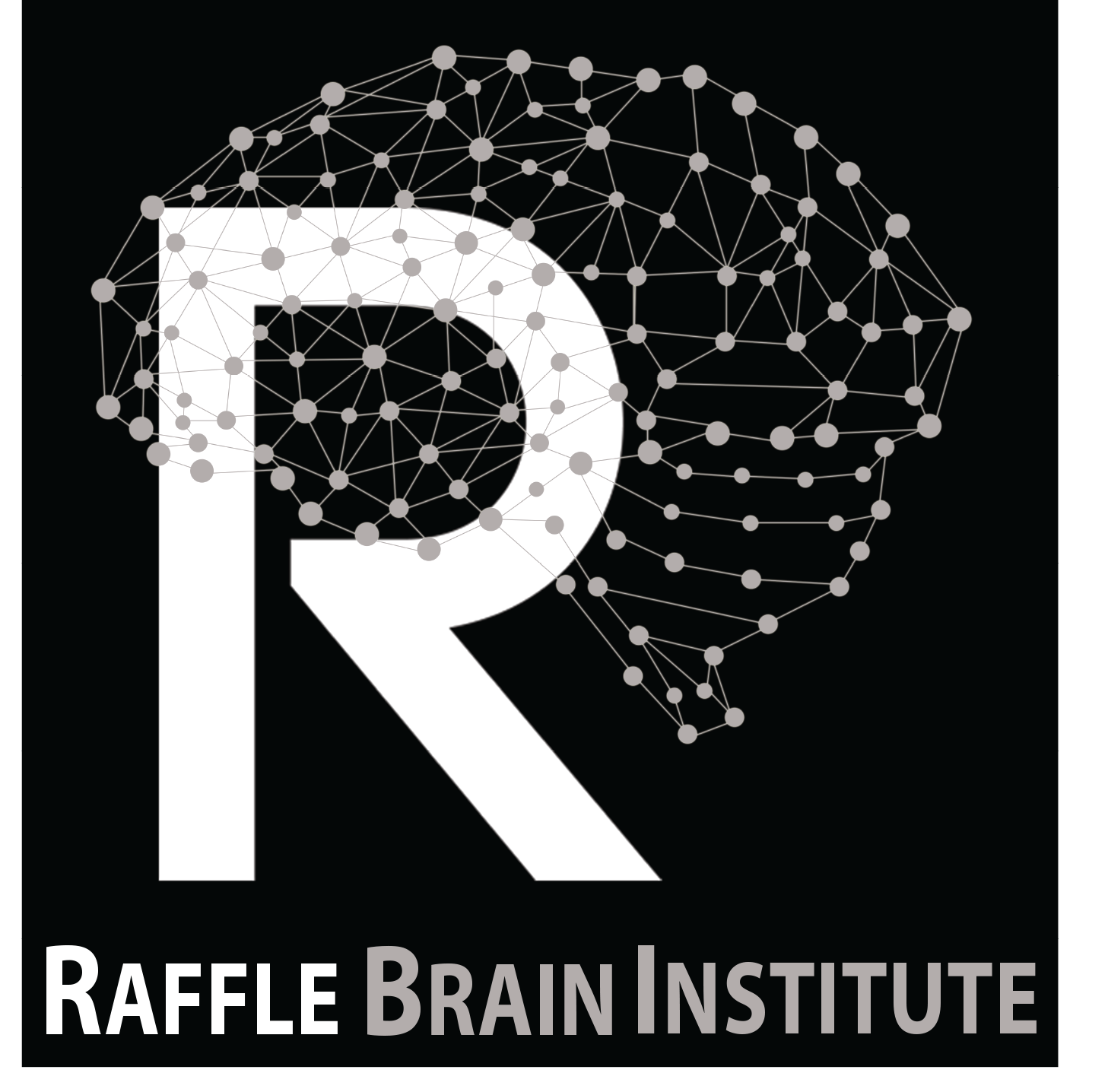
Neuropsychological Testing
Brain Injury Testing
Dr. David Raffle is a neuropsychologist with over three decades of experience working directly with individuals with brain injuries. A neuropsychological evaluation determines the extent and long-term significance of an individual’s cognitive and memory impairment caused by medical conditions, concussions, sports injuries, near-drowning, and other causes.
Neuropsychological testing provides an accurate picture of physical, cognitive, psychological, and interpersonal functioning. Testing determines one’s ability to carry out functional activities and capacity to participate in rehabilitation, focusing on six Domains of Intervention: Medical, Sensory, Cognitive, Communication, Psychological, and Functional.
Dr. Raffle has the knowledge and experience to identify the physical and psychological impact of brain-related syndromes, including cognitive and memory impairments, paralysis and palsy, epilepsy, aphasia, ataxia, Parkinson’s and other movement disorders.
Neuropsychological testing in adolescents and young adults is required to obtain services in the classroom and accommodations during standardized test administration. Testing in adults is required for university disability services, and necessary for employment placement and workplace accommodations.
Dementia Diagnosis and Staging
Neuropsychological testing determines the type of dementia (Alzheimer’s, frontotemporal, vascular, Lewy body, Korsakoff’s, etc.), establishes the stage of dementia (based on memory, orientation, judgment and problem-solving, community/social functioning, home functioning, and personal care), and provides complete guidelines and recommendations for caregivers.
Alzheimer’s Disease
Early Stages
In the early stages of Alzheimer’s disease, the most common form of dementia, individuals begin to lose capacity for critical self-awareness, especially lack of awareness of extent of their cognitive deficits (called anosognosia), so they believe that there is nothing wrong with them and they have no memory problems.
They begin to lose language, including anomia (forgetting names of common objects), paraphasias (unintended syllables, words, or phrases), or neologisms (word pieces or non-words), can make it difficult for them to communicate their wants and needs. Increased incidents of significant personality changes, especially emotional volatility and irritability, for which the they will have little or no memory afterward.
Middle Stages
In the middle stages, loss of visual memory, visuospatial orientation, and apraxia (impairment in motor planning to perform movements or tasks) makes it difficult for them to manage both simple and complex tasks and movements.
Later Stages
Later in the disease, progressive difficulty in expressing basic needs, until they become totally dependent for personal care.
Caregiver’s Role
Caregivers should implement daily routines and involvement in physical and social activities as long as possible. Visual and verbal explanations should precede any transitions or changes in current routine; tone of voice and body language can communicate more than language in providing comfort and reassurance.
Because of deficits in new learning, frequent attempts to correct or reeducate will only cause agitation. Aggressive behaviors should be understood as agitation caused by anxiety, and responded to with questions such as “What do you need?” and “What are you afraid of?”
A friendly touch and calming voice go a long way to reduce pain, fear, and anxiety.



